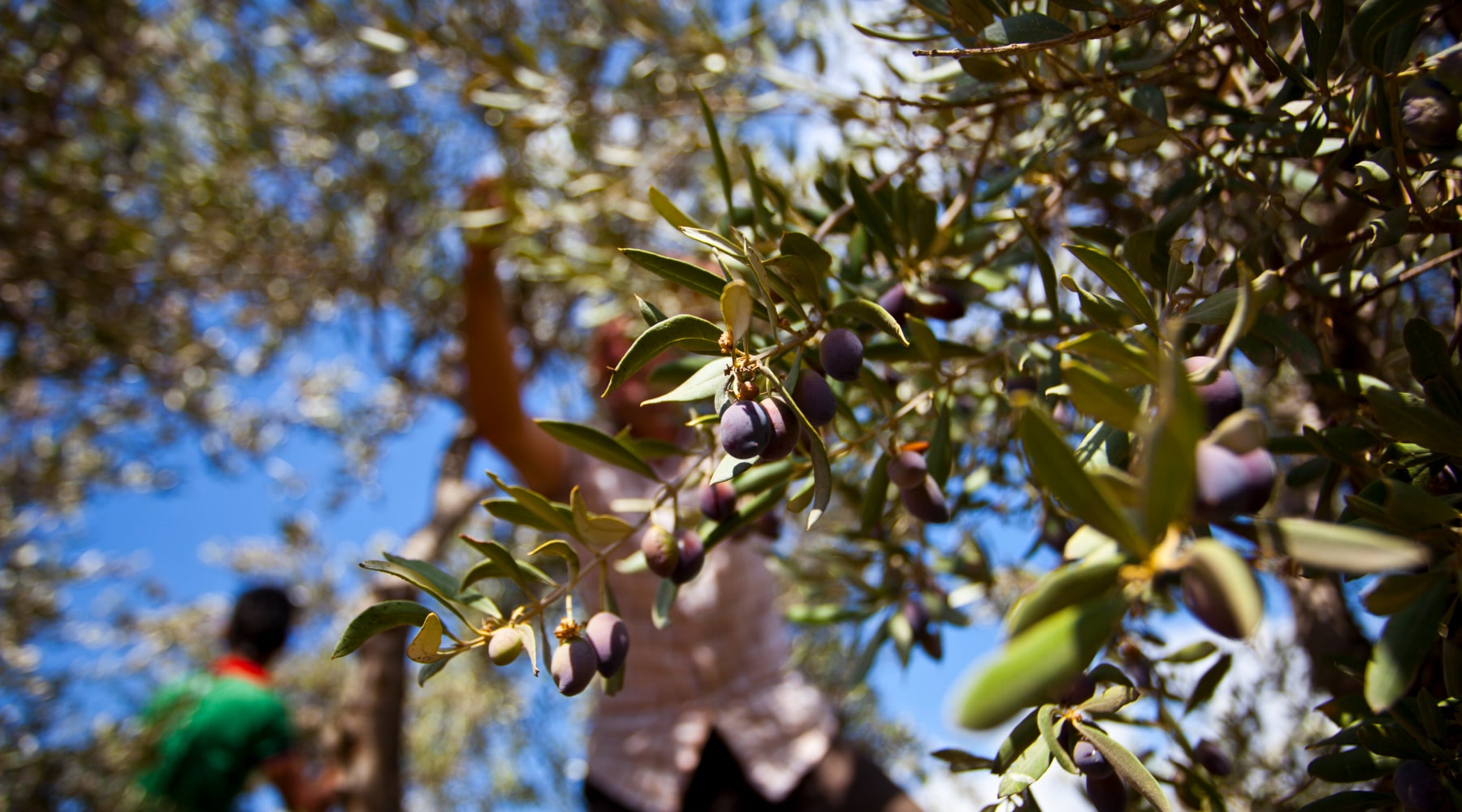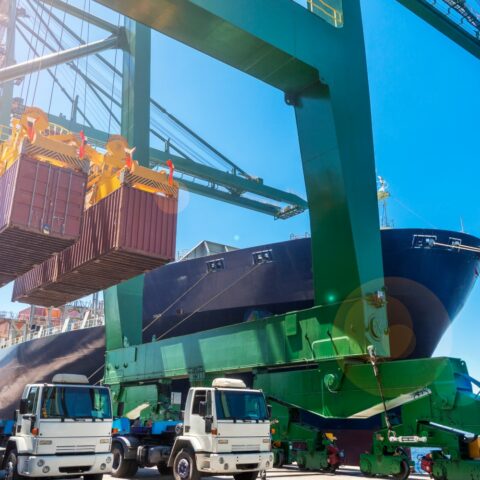The Challenge
Tunisia is a net importer of agricultural products, including wheat, soybeans, barley, corn, vegetable oils and sugar, but it also exports foodstuffs, primarily olive oil, dates, fish products and citrus fruits.
The country initiated its TTN Single Window in 2004, enabling traders to complete many procedures online. However, the mandatory Certificate of Technical Control at Export for agri-food products and other technical requirements remained paper-based, forcing exporters to submit a physical application, present every consignment for inspection and sampling at designated packing stations, and to collect a hard copy certificate to present to Customs for export clearance.
Aside from the time and cost entailed in filling out the mandatory paperwork, round 14% of certificates expired by the time consignments reached border control, requiring exporters to renew the process from the beginning.
What We Did
The Alliance supported Tunisia’s Office of Trade (OCT), the government body responsible for controlling and certifying export procedures, in simplifying issuance of control certificates for food products by integrating them into the Single Window. The private sector was actively involved throughout project development and implementation.
Tunisia had first began integrating the technical control certificate into the Single Window in 2018 but required support in finalising the project. The project also concentrated on paving the way for effective risk management, promoting targeted use of scarce resources and rewarding compliant exporters.
Related change management involved extensive stakeholder training and communication to raise awareness about the new services and its benefits. Information was also provided on risk management and its relationship to technical export controls, including food quality and safety, and marketing standards. Training, workshops and public private dialogues (PPDs) facilitated discussions on best practices.
The Impacts
To ensure hygiene standards and promote the reputation of its produce, Tunisia mandates technical control and certification on all agriculture exports. Besides generating time and cost savings for exporters, digitalising and automating the paper-based system for obtaining such certification enhances predictability and transparency.
Once fully operational, integrating the process into the country’s single window, Tunisia Trade Net (TTN), is projected to save exporters 4.5 days in obtaining the necessary certification for exports of processed foods and 30 minutes for fresh foods.
Integration should reduce the volume of certificates that expire before export is complete – around 14%. It also allows exporters to request an extension, rather than having to begin the process again as was the case previously. An extension takes around 11 minutes, as opposed to nine hours to re-issue a certificate.
Beyond time and cost savings, this project has further enhanced public private partnership as a model for future reform. It also supports Tunisia’s efforts to increase the competitiveness of agriculture exports and to improve trade-related logistics performance and services.
Also, more broadly, simplifying these export procedures is expected to contribute to economic development, export growth and job creation among micro, small and medium enterprises (MSMEs), especially in rural areas.


 Tunisia
Tunisia

